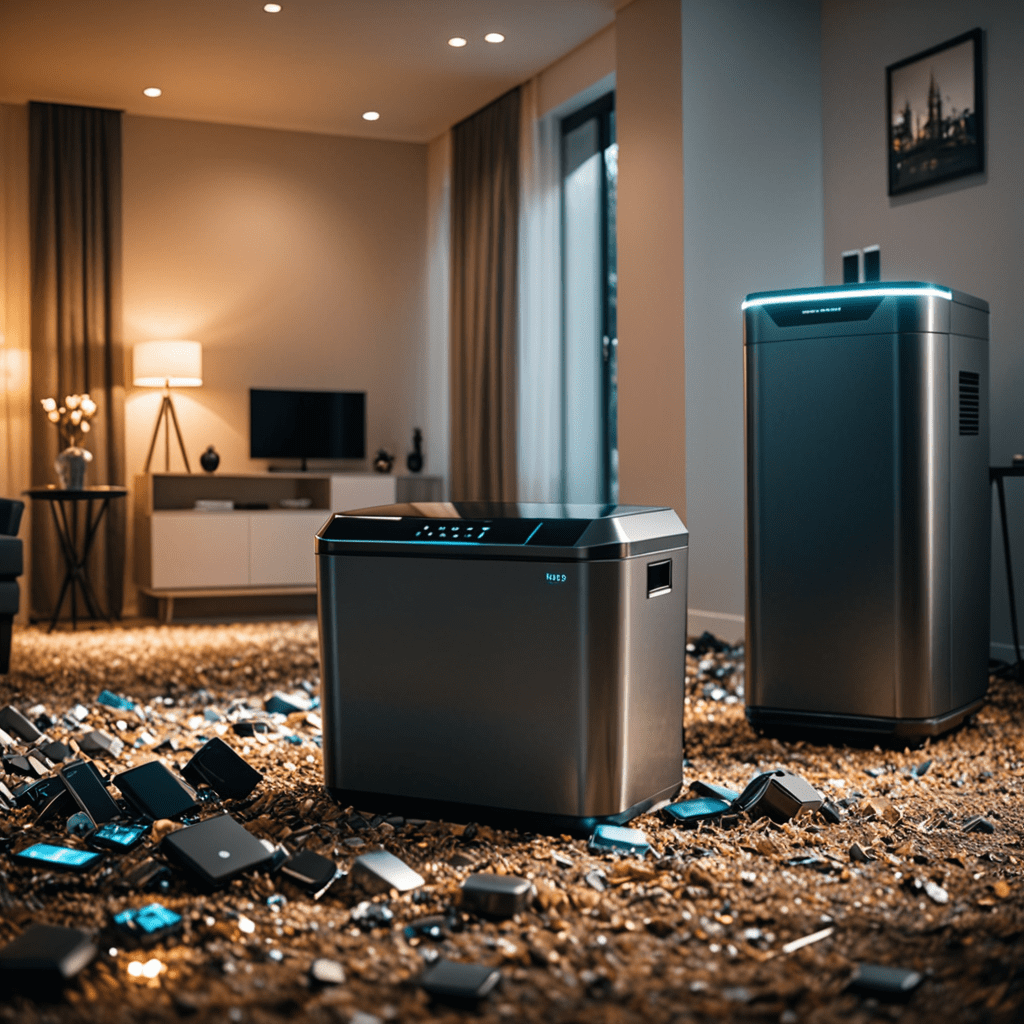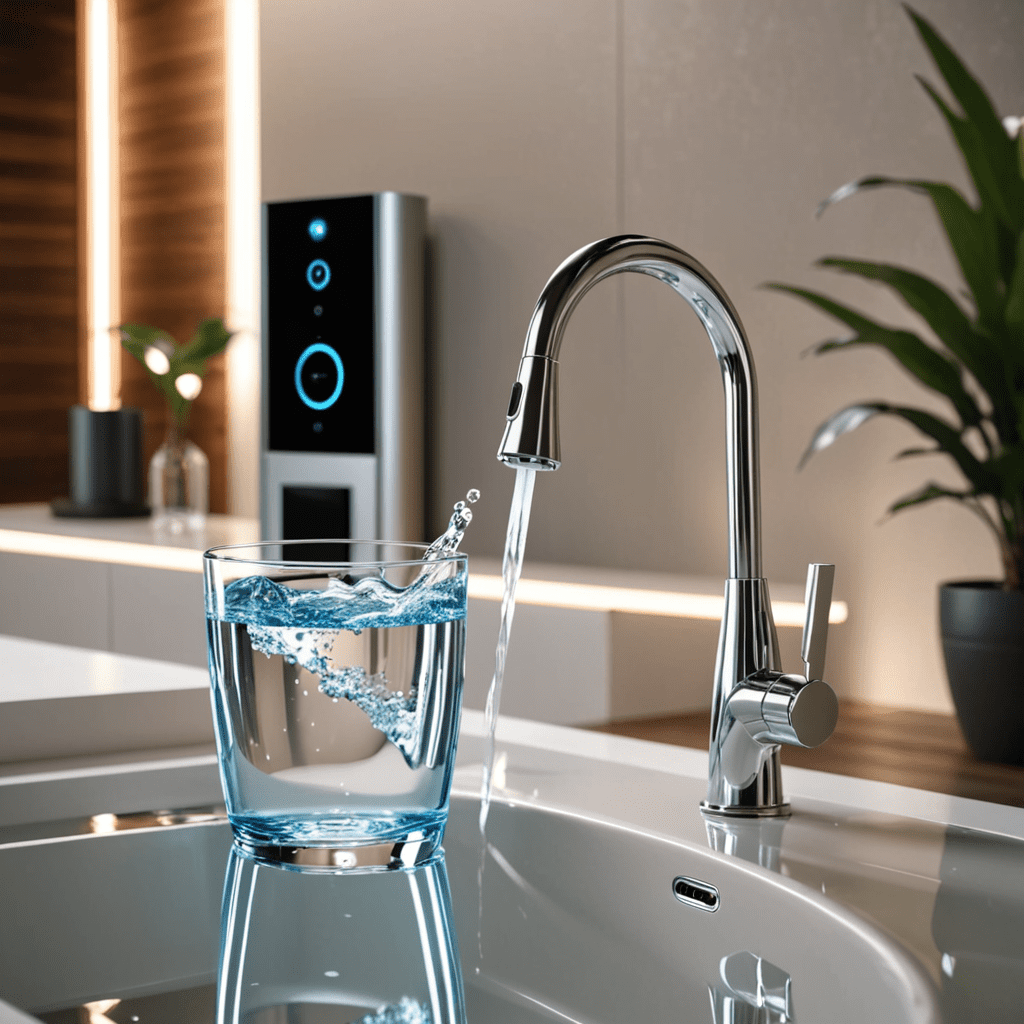
The Future of Smart Home Waste Management
In today’s rapidly advancing technological landscape, the concept of smart homes has gained significant traction. One area of smart home technology that is poised to revolutionize daily household routines is waste management. Let’s delve into the future of smart home waste management and how it can streamline processes while promoting sustainability.
Automated Waste Sorting and Recycling
Imagine a future where your smart home’s waste disposal system can automatically sort and segregate different types of waste such as recyclables, organic waste, and general trash. Smart sensors and AI algorithms can identify and categorize items, ensuring they end up in the right bin for recycling or proper disposal.
Optimized Waste Collection Schedules
Smart waste management systems can analyze the volume and types of waste generated by your household to optimize collection schedules. By intelligently determining when bins are full and need to be emptied, these systems can reduce unnecessary trips by waste management services, saving time and resources.
Real-Time Monitoring and Alerts
With the integration of smart sensors and connected devices, homeowners can monitor their waste production in real time. They can receive alerts when bins are nearing capacity or when unusual waste patterns are detected, empowering them to take action and make more sustainable choices.
Integration with Sustainable Practices
Smart home waste management systems can be seamlessly integrated with other sustainable practices within the household. For instance, they can work in tandem with energy-efficient appliances to promote an eco-friendly lifestyle that minimizes waste generation and reduces the overall environmental footprint.
Data-Driven Insights for Behavior Change
By collecting and analyzing data on waste generation patterns, smart home systems can provide valuable insights to homeowners. These insights can help individuals understand their environmental impact, make informed decisions about consumption habits, and ultimately drive behavior change towards more sustainable waste management practices.
Enhanced Accessibility and Convenience
The future of smart home waste management is not just about sustainability; it also focuses on convenience. By automating processes, providing real-time information, and optimizing waste disposal, these systems make it easier for homeowners to manage their waste effectively without hassle or stress.
Conclusion
The future of smart home waste management holds great promise in revolutionizing how we handle and dispose of waste in our daily lives. By leveraging cutting-edge technology, data analytics, and sustainable practices, smart homes can pave the way for a more efficient, eco-friendly, and convenient waste management ecosystem.
FAQs About The Future of Smart Home Waste Management
What is Smart Home Waste Management?
Smart Home Waste Management refers to the utilization of technology and automation within households to efficiently sort, recycle, and dispose of waste. It involves the integration of smart devices, sensors, and AI to streamline waste management processes.
How does Smart Home Waste Management work?
Smart Home Waste Management systems employ sensors to monitor waste levels, sorting mechanisms to separate recyclables from general waste, and connected bins that alert users or waste management services when bins are full. These systems aim to reduce environmental impact and promote sustainable living.
What are the benefits of implementing Smart Home Waste Management?
By incorporating Smart Home Waste Management solutions, households can reduce landfill waste, increase recycling rates, save time on waste sorting, and contribute to a cleaner environment. These systems can also help in tracking waste generation patterns and optimizing waste disposal practices for a more sustainable future.

